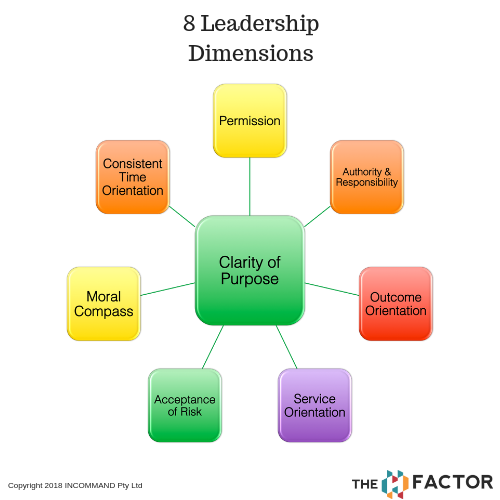|
Leading a business culture is about managing humans. Business culture is 'the way things are done around here'. It is the unwritten rules and protocols that establish why, when - and especially if - people do things in a group, team, business, or organisation. Whenever more than one person is involved in something, a culture will be established. Often that culture develops without even the conscious awareness of the people involved. It's often not logical, sometimes it isn't even rational, but it is very human. Effective leaders are the ones that can navigate the often illogical, irrational, and emotional way that humans work. However, many managers find dealing with the illogical, irrational, and emotional nature of people very frustrating, especially if they come from technical backgrounds where they are used to managing 'things'. In managing 'things', a manager can usually identify a formulaic approach to problems or challenges that can be applied, and it will work consistently. Then they try the same approach with managing people, and when it doesn't work, it doesn't make sense to them. Accountants, engineers, and computer programmers, a special hello to you. 'Things' are managed, but people (and therefore culture) are led. To be effective leaders, we first need to change the way we see ourselves. Too often, we see ourselves as thinking beings that just happen to feel things. We like to see ourselves as a person who will always think rationally and logically first, and be able to deal with the emotions as a secondary and less important thing. That's not how it really is. As humans, we are emotional beings that think. In that order! So, instead of being surprised that we get emotional about some things, perhaps we should expect it. Instead of trying to suppress our emotions about some things, we really should try to understand them. When we then lead others, instead of expecting agreement, we should expect difference; it's not threatening if we seek to understand the emotion behind it. From being children we learn to 'fit in' to groups by adapting our behaviour by observing and following those we perceive as having authority. In different situations, that could be our parents, our siblings, a teacher, or a friend. As we mature we continually enhance and adapt the nuances of our behaviour. At every stage, we identify those with 'cultural authority'. We look to (and for) those who know the unwritten rules and protocols, that make up the 'way things are done around here'. Great leaders know how to be the 'cultural authority'. They influence, through their leadership, the behaviours, actions, and interactions that are appropriate in their team. A common feature in teams that consistently perform at the highest levels, is that the leader has established their 'cultural authority' through creating a highly established way of doing things. Every person seems to 'fit in', even despite varying personalities, experience levels, and backgrounds. These much respected leaders understand and apply 8 leadership dimensions. They are conscious of the inter-relationships between them, and apply them consistently in their communication, their own behaviour, and the example they set for others to follow. THE 8 LEADERSHIP DIMENSIONS As they apply these 8 dimensions, the leaders establish the unwritten rules and protocols that guide the decisions, behaviour, and interactions of their colleagues.
The 8 dimensions provide a framework for the leader to work with when navigating the emotional aspects of working with others, while also remaining grounded in the outcomes that need to be achieved. The leader can genuinely engage with their team to build on the established way of doing things. Some people refer to people management as a 'soft skill', but actually it is one of the biggest causes of frustration, poor performance, and employee turnover in nearly every business. We reckon that makes it brutally hard! Perhaps it's time to manage for humans, rather than managing for things, and then getting frustrated.
0 Comments
Leave a Reply. |
AuthorsH Agents write about the joys and challenges of entrepreneurship and managing people. Archives
May 2024
|
(c) Copyright 2024 INCOMMAND Pty Ltd. View our privacy policy and data security statement. Please note that your use of The H Factor system is subject to our Terms of Service.



 RSS Feed
RSS Feed